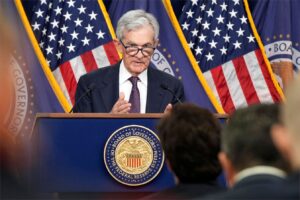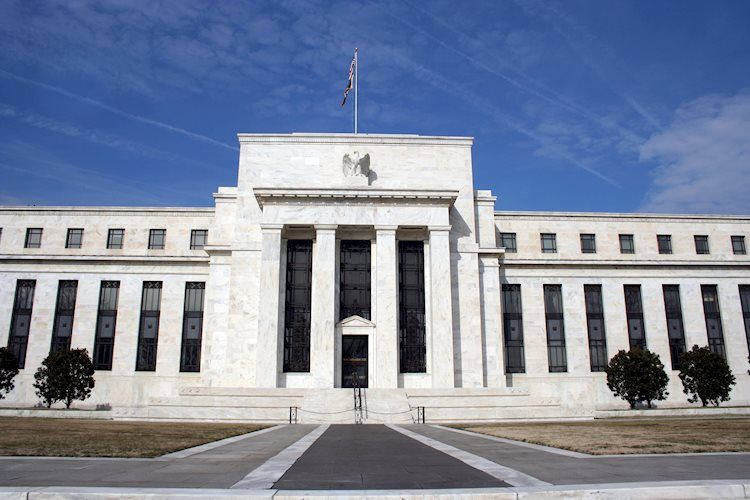Federal Reserve (Fed) Bank of Richmond President Tom Barkin delivered prepared remarks to the Maryland Bankers Association in Maryland on Friday, outlining the Fed’s case for when to cut rates again, and the conditions required to do so. Fed’s Barkin also downplayed direct and immediate impacts of incoming President Donald Trump’s planned sweeping tariff plan.
Key highlights
Too much uncertainty to factor the Trump policy into the outlook.
We must see inflation at 2% or weakening in demand to cut rates.
The message from businesses is loud and clear that consumers are becoming more price sensitive.
I am in the camp of staying restrictive for longer, given the possible upside inflation risks.
The pass-through from tariffs to prices is not straightforward, it depends on multiple factors including business supply chains, and the price elasticity of consumers.
Conditions for cutting rates again include confidence in inflation’s return to 2%, or a weakening of demand.
Companies feel more optimistic about the economy but are concerned about how coming changes will impact their businesses.
I still perceive that core underlying inflation is coming down nicely.
Housing demand is still very healthy compared to supply.
US debt is large and growing, it puts pressure on long rates.
I don’t see the need to be nearly as restrictive as the Fed once was.
The Fed is well positioned to respond regardless of how economy develops.
Uncertainty in financial markets appears to have fallen, market predicted policy path seems aligned with fed median.
There is increased understanding that long-term rates may not fall as much as had been hoped.
The labor market is more likely to break toward increased hiring than toward layoffs.
There are some potential upside risks to inflation.
Inflation is still not back to target, more work to do.
The story of 2025 will be less about monetary policy, more about economic fundamentals and perhaps geopolitics.
The baseline outlook for 2025 is positive, with more upside than downside risk to growth.
As long as employment and asset values remain strong, consumers will spend.
Read the full article here
















